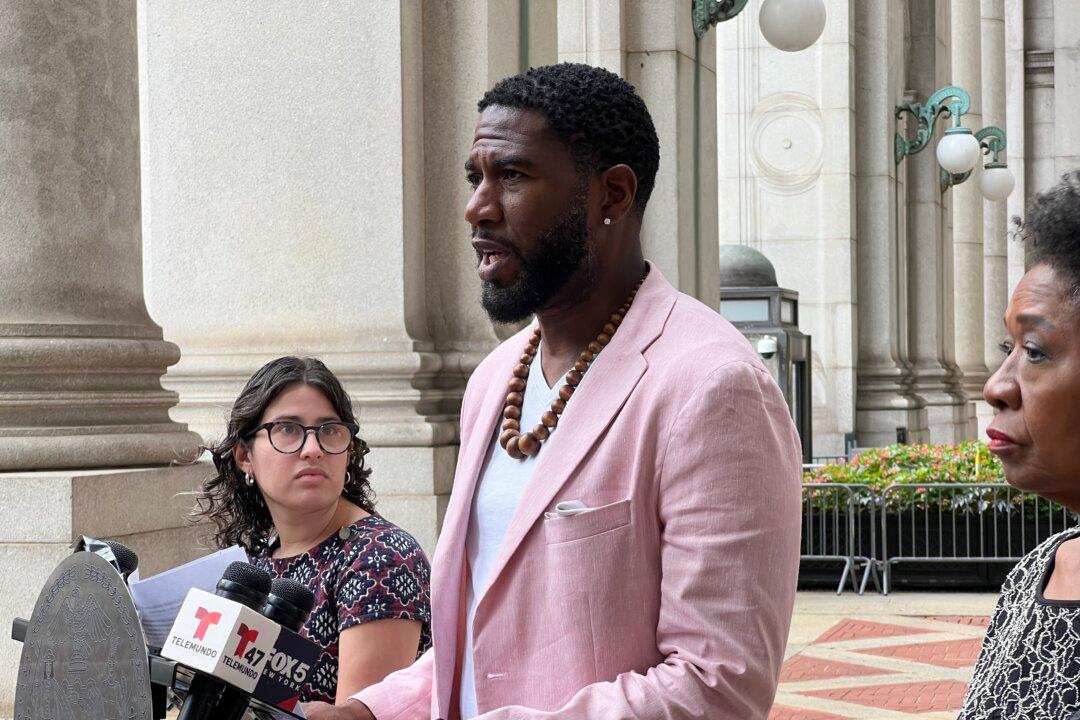The New York City Council is girding for a legal showdown against Mayor Eric Adams if a ban on solitary confinement that the council voted to override a mayoral veto fails to take effect as scheduled on July 28.
Bill 549-A, which enjoyed the sponsorship of Public Advocate Jumaane Williams and support from members of the council’s majority, bans the use—in most circumstances—of solitary confinement on Rikers Island and in other city jails, mandating that inmates have at least 14 hours per day among the facilities’ general populations. It also seeks to establish due process protections for inmates before prison officials can place them in isolation for any period of time.





